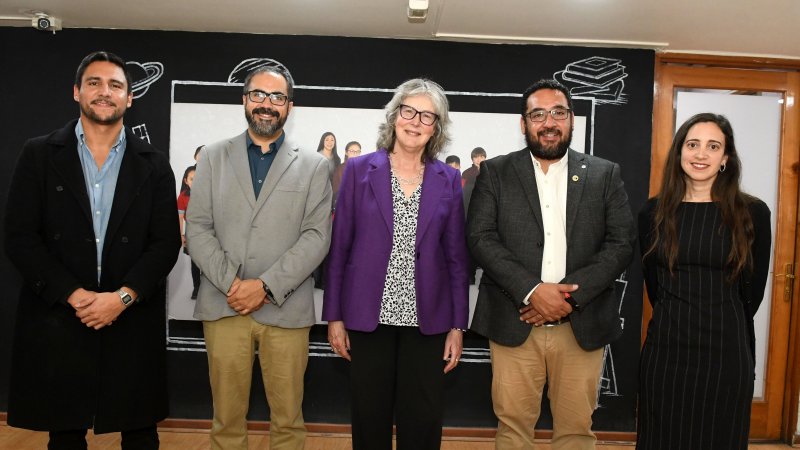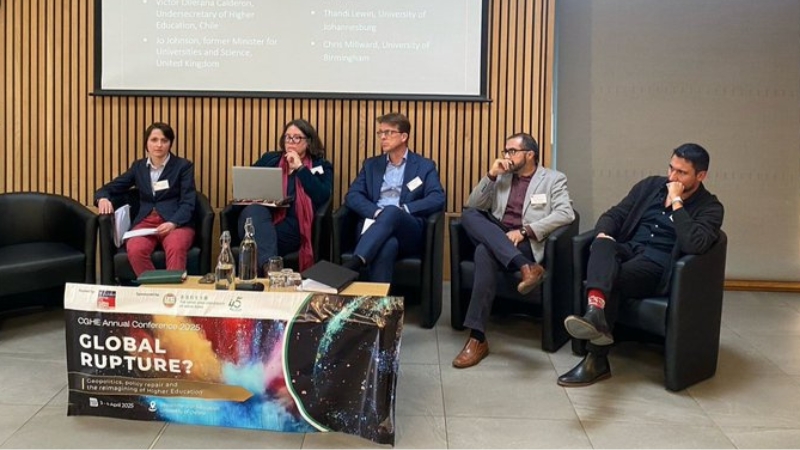The research conducted by ESOC’s director, Felipe González, was accepted and published in early May in the indexed journal Finance and Society, edited by academics from the universities of London, Edinburgh and Heidelberg.
“Debt for status? Consumer credit, ordinary consumption, and the sense of place”, is titled the paper written by the also director of the Research and Graduate Institute of the School of Economics, Government and Communications UCEN, which explored the interaction between consumerism, lending, and class identity in the context of the factors that drive the demand for credit.
The study, which used 26 semi-structured interviews in its methodology, made two main findings: first, it suggests that people borrow not only to obtain prestige, but also to affirm their sense of belonging to symbolic groups.
Second, in contrast to the idea that loans are mainly used for conspicuous consumption, the article points out that middle-class families in Chile use them to consume “ordinary” products. Thus, through this type of consumption, the middle class seeks to stabilize its class identity.
The findings, the research indicates, address the normalization of credit and borrowing practices along with the conversion of products from a “want” to a “need.” This is a view that has been overlooked in the analysis of the dynamics driving this type of demand, which translates into a missing link in the explanations for the rise in household debts.





 600 582 2222
600 582 2222  admision@ucentral.cl
admision@ucentral.cl